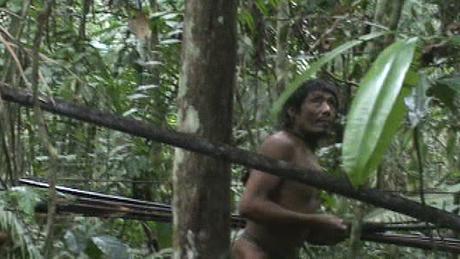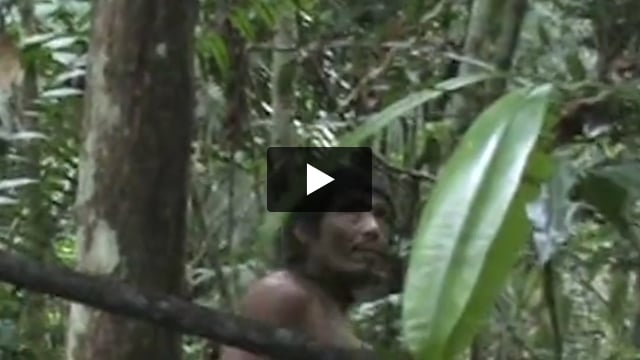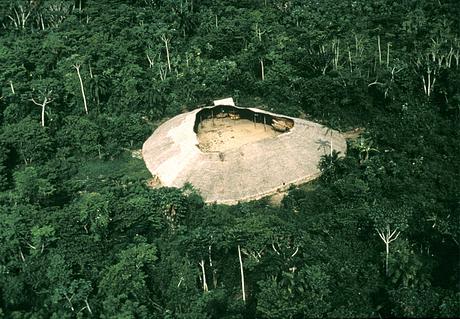Streets stained with “blood” as protest sweeps Brazil’s capital
April 27, 2018
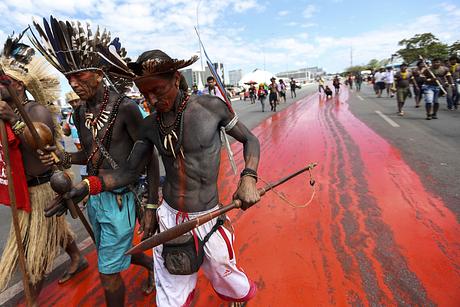 © Marcelo Camargo/Agência Brasil
© Marcelo Camargo/Agência BrasilThis page was last updated in 2018 and may contain language which is now outdated.
Thousands of Indigenous people gathered in Brazil’s capital this week, to protest against plans to destroy their lands and lives.
The Indians, from tribes across the country, painted the streets with “blood”, marched through the city, demonstrated at government buildings, and called for their rights to be respected.
Sonia Guajajara, an Indigenous leader and candidate for the Vice-Presidency in Brazil’s upcoming general election, said: “We are denouncing the genocide of our people…This is the most suffering we’ve experienced since the dictatorship. By staining the streets red, we are showing how much blood has been shed in our fight for the protection of Indigenous lands… The fight goes on!”
The protest marks Brazil’s “Indigenous April” and follows the annual “Day of the Indian,” 19 April, when the country’s President often announces some progress in the protection of Indigenous peoples’ ancestral lands. This year, no such announcements were made. Instead, it was reported that the head of the government’s Indigenous Affairs Department would be replaced, as he was not fulfilling the demands of anti-Indigenous politicians and ranchers.
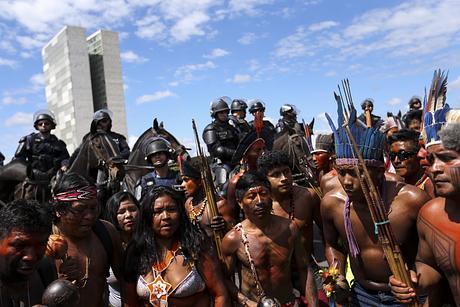 © Marcelo Camargo/Agência Brasil
© Marcelo Camargo/Agência Brasil
Politicians linked to the powerful agribusiness lobby are pushing through a series of laws and proposals which would make it easier for outsiders to steal Indigenous peoples’ lands and exploit their resources.
This would be disastrous for tribes across the country, including the Guarani, who suffer one of the highest suicide rates in the world, as most of their land has been stolen for cattle ranching and soya, corn and sugarcane plantations.
Adalto Guarani told Survival International of the politicians’ plan: “Please help us destroy this! It’s like a bomb waiting to explode, and if it explodes, it will put an end to our very existence. Please give us a chance to survive.”
And uncontacted tribes, the most vulnerable peoples on the planet, could be wiped out if their lands are opened up. Tribes like the uncontacted Kawahiva and Awá are on the brink of extinction as they live on the run, fleeing violence from outsiders. But if their land is protected, they can thrive.
Survival International and its supporters in over 100 countries are working in partnership with tribes across Brazil to prevent their annihilation and the extinction of their uncontacted relatives.


